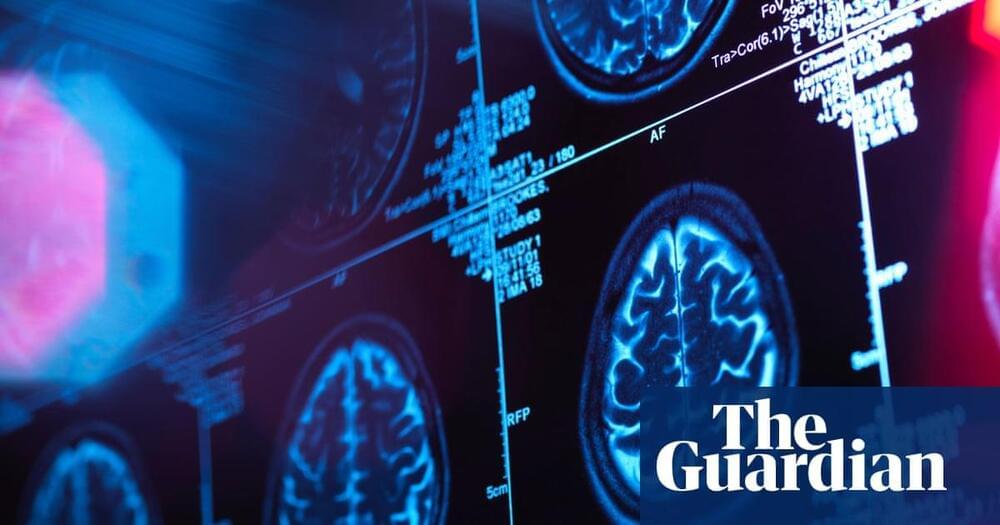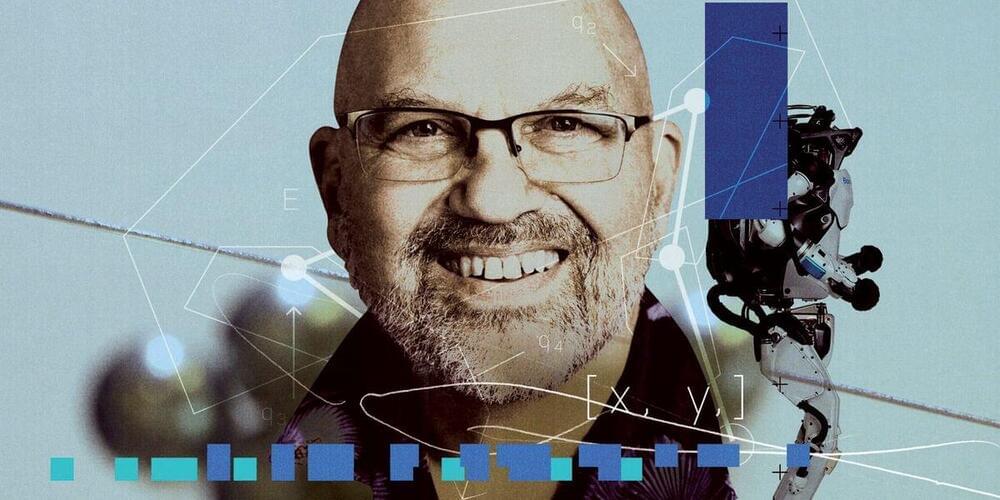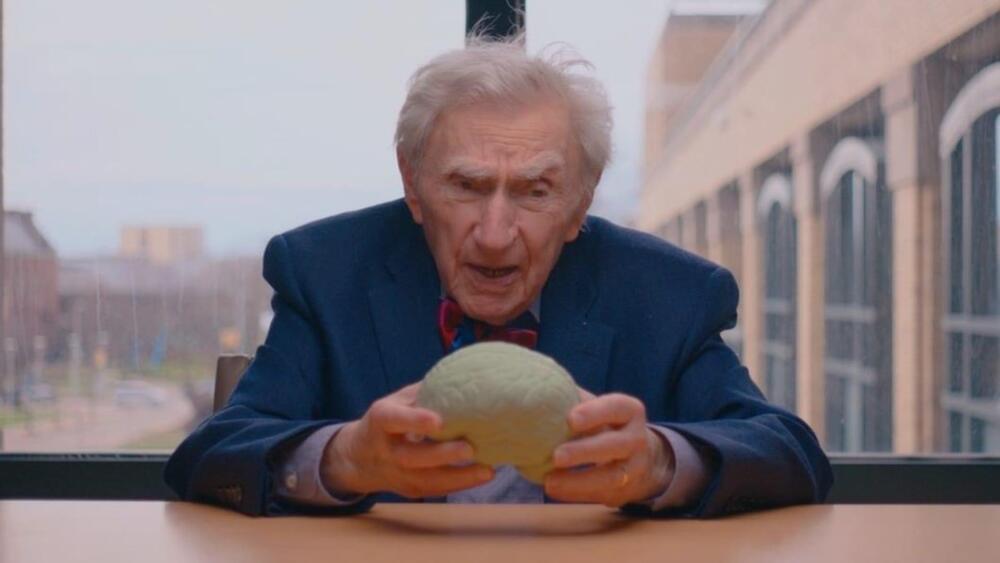Defense satellites used to be big, costly, and “juicy” targets for attack. Now the Pentagon is aiming for a more resilient network of nearly 1,000 mini orbiters.




Part of the reason that these chips are becoming so much more efficient and getting so many more cores on a similar die size to the chips that have come before is the 3nm process. Apple is heavily invested in the new chip creation tech, having ordered almost the entirety of the first printing of the process, making sure that it has an advantage over the competition. The first device that we might see with a 3nm process chip is the iPhone 15 Pro, and then it’s likely that the M3 chips will follow.
Whatever happens with these new chips, it’s looking like it’s going to be an exciting time for Apple silicon and the latest Apple hardware to use it.
We’re seeing major advancements in tech that can decode brain signals, interpreting neural activity to reveal what’s on someone’s mind, what they want to say, or – in the case of a new study – which song they’re listening to.
US researchers have been able to reconstruct a “recognizable version” of a Pink Floyd song based on the pulses of activity moving through a specific part of the brain’s temporal lobe in volunteers as they listened to the hit Another Brick in the Wall Part 1.
While the tune in question did go through some initial processing into a spectrogram form to be more compatible with the brain’s audio processing techniques, the reverse process is impressive in terms of its fidelity.
In this video I discuss New Cerebras Supercomputer with Cerebras’s CEO Andrew Feldman.
Timestamps:
00:00 — Introduction.
02:15 — Why such a HUGE Chip?
02:37 — New AI Supercomputer Explained.
04:06 — Main Architectural Advantage.
05:47 — Software Stack NVIDIA CUDA vs Cerebras.
06:55 — Costs.
07:51 — Key Applications & Customers.
09:48 — Next Generation — WSE3
10:27 — NVIDIA vs Cerebras Comparison.
Mentioned Papers:
Massively scalable stencil algorithm: https://arxiv.org/abs/2204.03775
https://www.cerebras.net/blog/harnessing-the-power-of-sparsi…-ai-models.
https://www.cerebras.net/press-release/cerebras-wafer-scale-…ge-models/
Programming at Scale:
https://8968533.fs1.hubspotusercontent-na1.net/hubfs/8968533…tScale.pdf.
Massively Distributed Finite-Volume Flux Computation: https://arxiv.org/abs/2304.
Mentioned Video:
New CPU Technology: https://youtu.be/OcoZTDevwHc.
👉 Support me at Patreon ➜ https://www.patreon.com/AnastasiInTech.
📩 Sign up for my Deep In Tech Newsletter for free! ➜ https://anastasiintech.substack.com

23RD – 24TH AUGUST 2023 IN SOUTH AFRICA INTERNATIONAL LONGEVITY SUMMIT 23RD – 24TH AUGUST 2023 IN SOUTH AFRICA INTERNATIONALLONGEVITY SUMMIT REGISTER CALL FOR PAPERS REGISTER CALL FOR PAPERS JOIN THE EVENT WHY ATTEND THE CONFERENCE The International Longevity Summit in the most exclusive Conference for Longevity and Biotech revolution in Africa leveraging the dynamics […].
Want to make high quality Shorts in 1 click using AI like we do? Sign up for Opus Clip for FREE and start clipping your content right away: https://www.opus…


Scientists at University College Cork have uncovered a unique superconducting state in Uranium Ditelluride, which could pave the way for more stable and efficient quantum computers. This groundbreaking discovery offers a potential solution to one of quantum computing.
Performing computation using quantum-mechanical phenomena such as superposition and entanglement.
